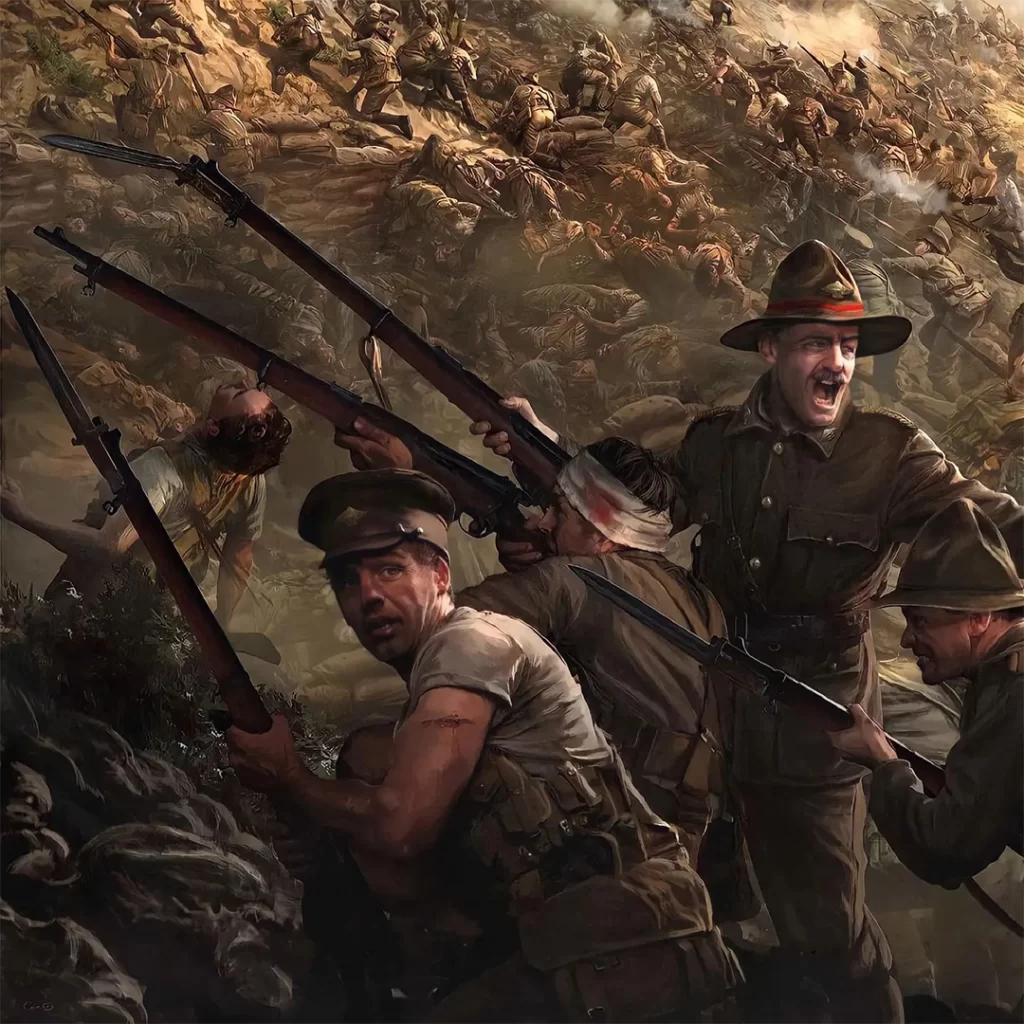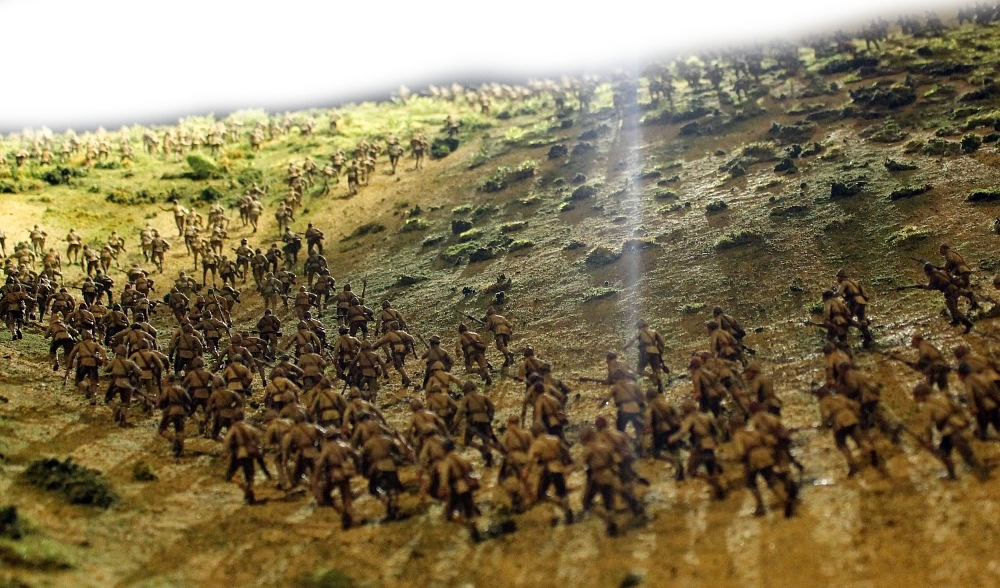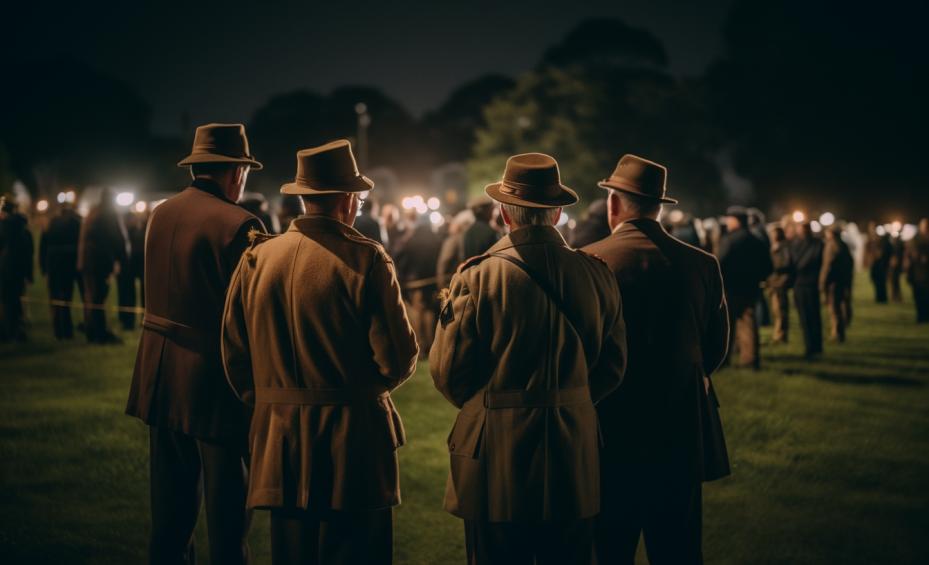ANZAC Day, commemorated every 25th April, marks the anniversary of the first major military action fought by Australian and New Zealand forces during World War I. Traditionally, it honours the members of the Australian and New Zealand Army Corps who landed at Gallipoli in 1915.
This year, New Zealand introduces a slight change to its dawn service by starting at a later time to accommodate the comfort of aging veterans, marking a thoughtful shift in the observance’s traditional practices, and reminding us why remembering Gallipoli’s lessons is crucial.
The Gallipoli Campaign is remembered not just for the bravery of the soldiers but also for the stark lessons it offers in military leadership. The attempts to take strategic heights Chunuk Bair and Hill 971, known as the Battle of Sari Bair, were particularly fraught. General Sir Ian Hamilton, the commander of the Allied forces, and Lieutenant General Frederick Stopford, commanding the British IX Corps, pushed for these assaults despite the rugged terrain and strong Turkish defenses.
Their decisions, often made against the advice of subordinates and without adequate reconnaissance, led to heavy losses.

Related Article: The Gallipoli Campaign
This shows how leadership underestimates and poor planning can lead to tragic outcomes, underlining the relevance of these historical lessons in understanding today’s conflicts.
In times of war, history too often repeats itself with tragic consequences when leadership fails. This pattern is evident in current global conflicts, such as the ongoing war between Russia and Ukraine. What began as decisions by one or handful has led to widespread suffering and loss, indicating how the ambitions of leaders can lead to devastating impacts on ordinary people. Wars are not just sequences of battles; they are also about the failed peacemaking that precedes the fighting.
Don’t just remember the supposed glory of war but to recognise its inherent tragedy and the urgent need to prioritise diplomacy and peace over conflict.
This ANZAC Day should serve as a somber reminder that war is a manifestation of our worst failings, not a spectacle to be glorified.

Looking at past military engagements, various nations have learned crucial lessons that have led to needed changes in military protocols and diplomatic strategies. For example, after the Vietnam War, the United States reevaluated its military engagement policies, which eventually led to the War Powers Act, aiming to balance the powers between the President and Congress regarding military decision-making. Similarly, post-World War II Europe saw the establishment of the United Nations and NATO, institutions focused on fostering international cooperation and preventing future conflicts through dialogue rather than warfare. These institutional changes aim not only to prevent conflicts but also to mitigate the personal and societal tolls of war.
War does more than ravage landscapes and claim lives; it leaves indelible marks on the psyche of those it touches. The scars carried by veterans, their families, and entire nations manifest in myriad ways, influencing subsequent generations and national identities. As we look back on conflicts like Gallipoli, we must also consider the long-term mental health repercussions for soldiers and civilians alike.
This ANZAC Day, let’s also commit to better understanding and addressing the psychological aftermath of war, ensuring support systems are as robust as our memories.





